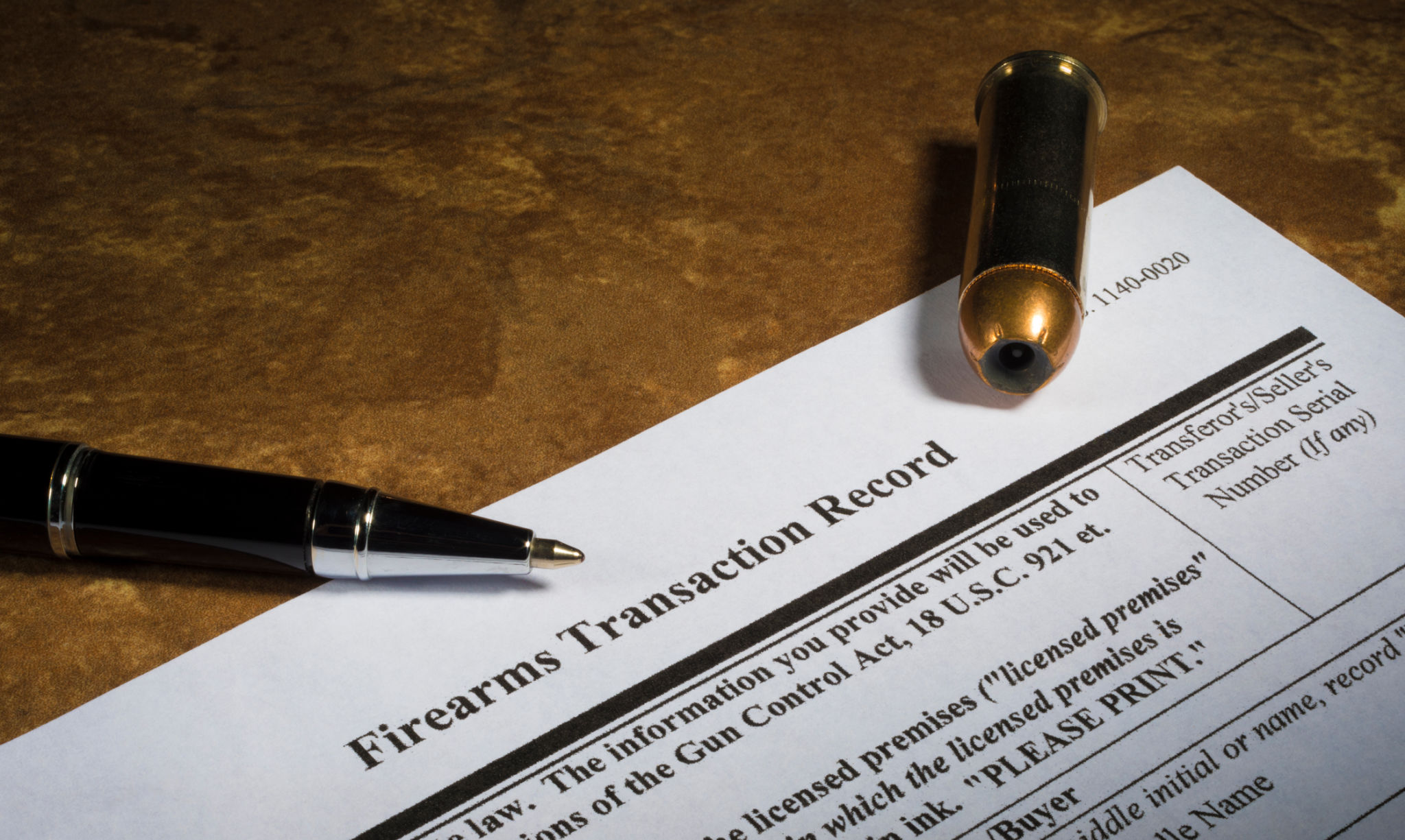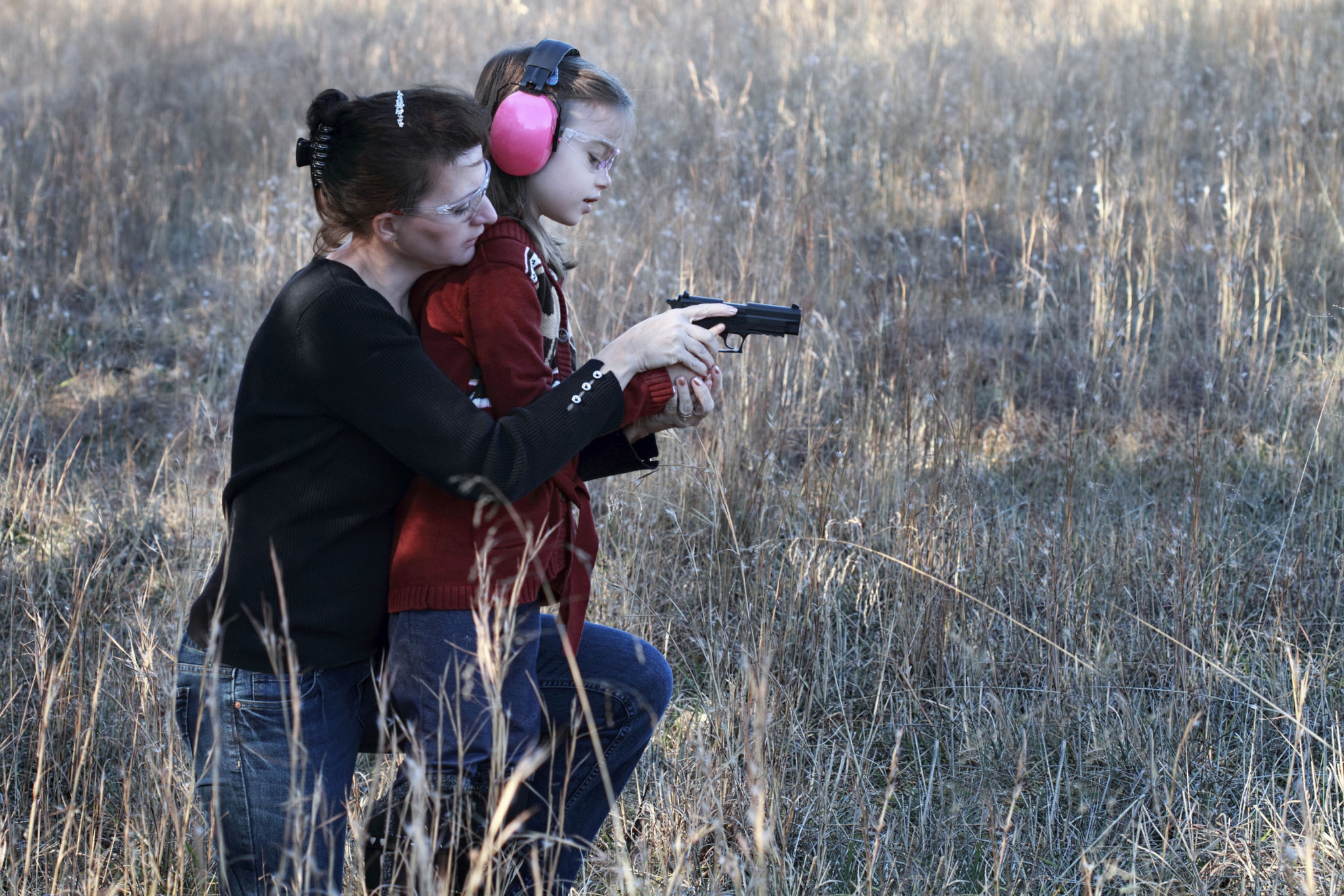Understanding Firearm Transfer Laws in Connecticut: What You Need to Know
Introduction to Firearm Transfer Laws in Connecticut
Understanding firearm transfer laws is crucial for ensuring compliance and maintaining safety. In Connecticut, these laws are particularly detailed and aim to regulate the ownership and transfer of firearms effectively. Whether you are a gun owner, buyer, or seller, knowing these laws helps you navigate the legal landscape with confidence.

Who Can Transfer Firearms?
In Connecticut, the transfer of firearms is strictly regulated. Both the buyer and seller must adhere to specific requirements. For instance, the buyer must possess a valid permit or eligibility certificate, while the seller must ensure that the buyer meets all legal criteria. This means that all parties involved in the transfer of a firearm need to be well-informed about the applicable laws.
Eligibility Requirements
To legally purchase or transfer a firearm in Connecticut, the individual must meet several eligibility requirements. These include being at least 21 years old for handguns and 18 for long guns. The buyer must also undergo a background check and hold a valid state permit or eligibility certificate. These measures are in place to ensure that firearms do not end up in the wrong hands.
The Process of Transferring Firearms
The process of transferring firearms in Connecticut involves several key steps. First, both parties must verify each other's credentials. This includes checking permits and ensuring that all documents are up-to-date. Next, a background check is conducted, which can be done through a licensed dealer or directly with the state police.

Role of Licensed Dealers
Licensed dealers play a crucial role in the transfer process. They are responsible for conducting background checks and facilitating the legal transfer of firearms. When a private sale occurs, it is often required for both parties to conduct the transaction through a licensed dealer to ensure compliance with state laws.
Exceptions and Special Considerations
There are certain exceptions to Connecticut's firearm transfer laws. For example, transfers between immediate family members do not require a background check, though it is still recommended to keep records of such transfers. Additionally, antique firearms may be exempt from some regulations, but it is essential to verify specific details to avoid legal complications.

Penalties for Non-Compliance
Failing to comply with firearm transfer laws in Connecticut can lead to severe penalties. These can range from fines to imprisonment, depending on the nature of the violation. It is crucial for individuals to understand that ignorance of the law is not an acceptable defense and that stringent measures are in place to enforce compliance.
Conclusion
Navigating the firearm transfer laws in Connecticut requires diligence and understanding. By familiarizing yourself with these laws, you can ensure that all transactions are conducted legally and safely. It is always advisable to consult with legal experts or authorities if you have any questions or uncertainties regarding specific situations.